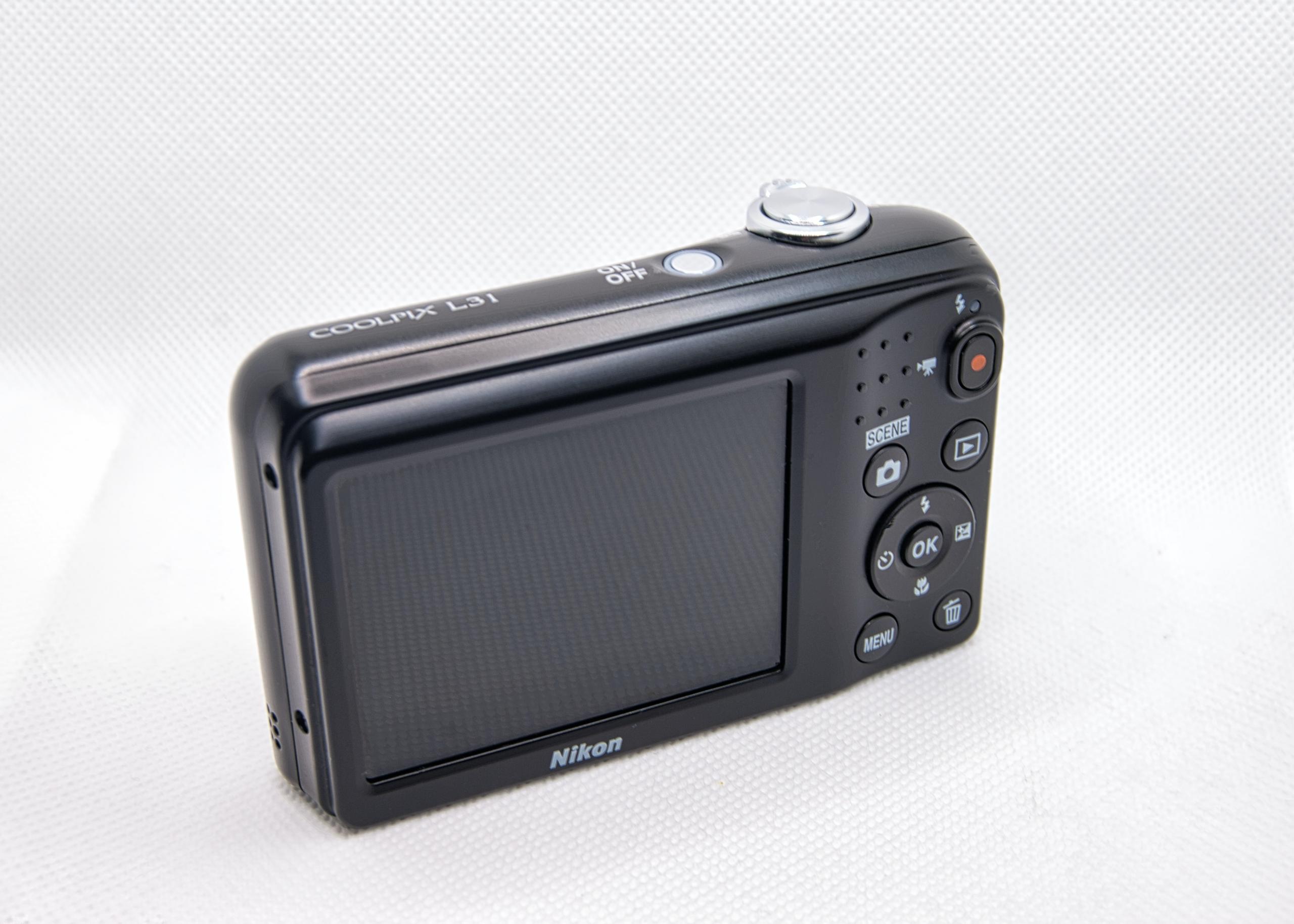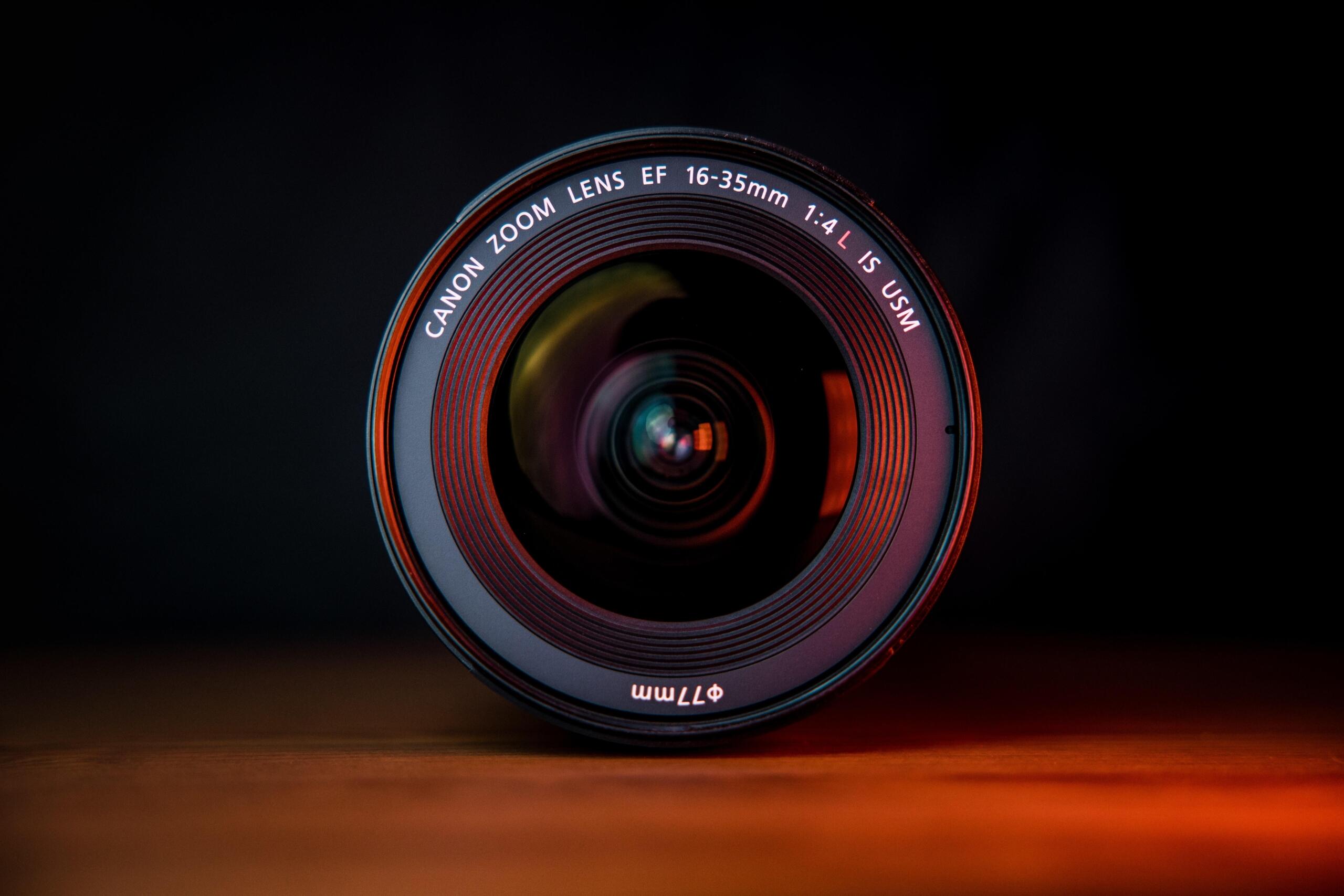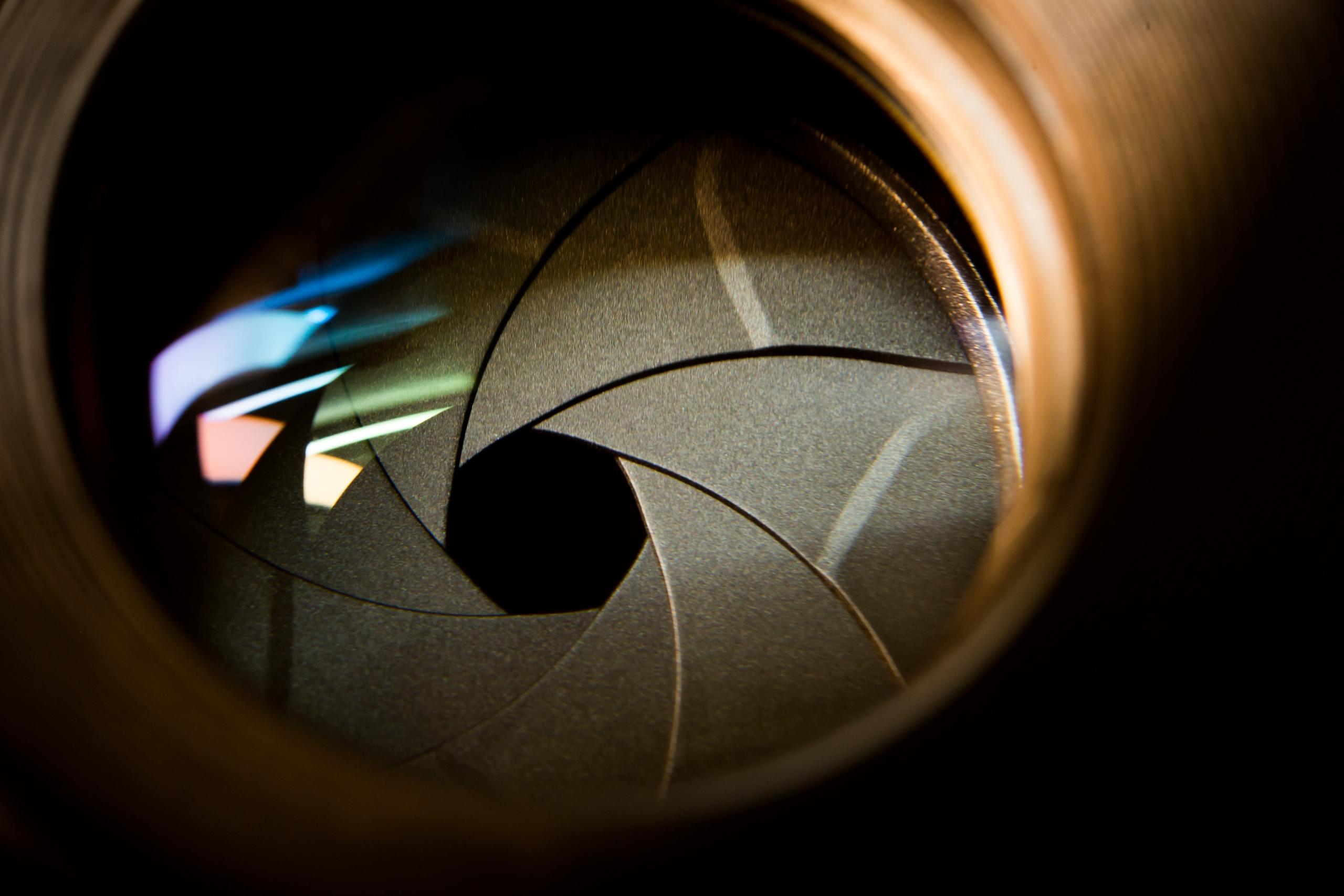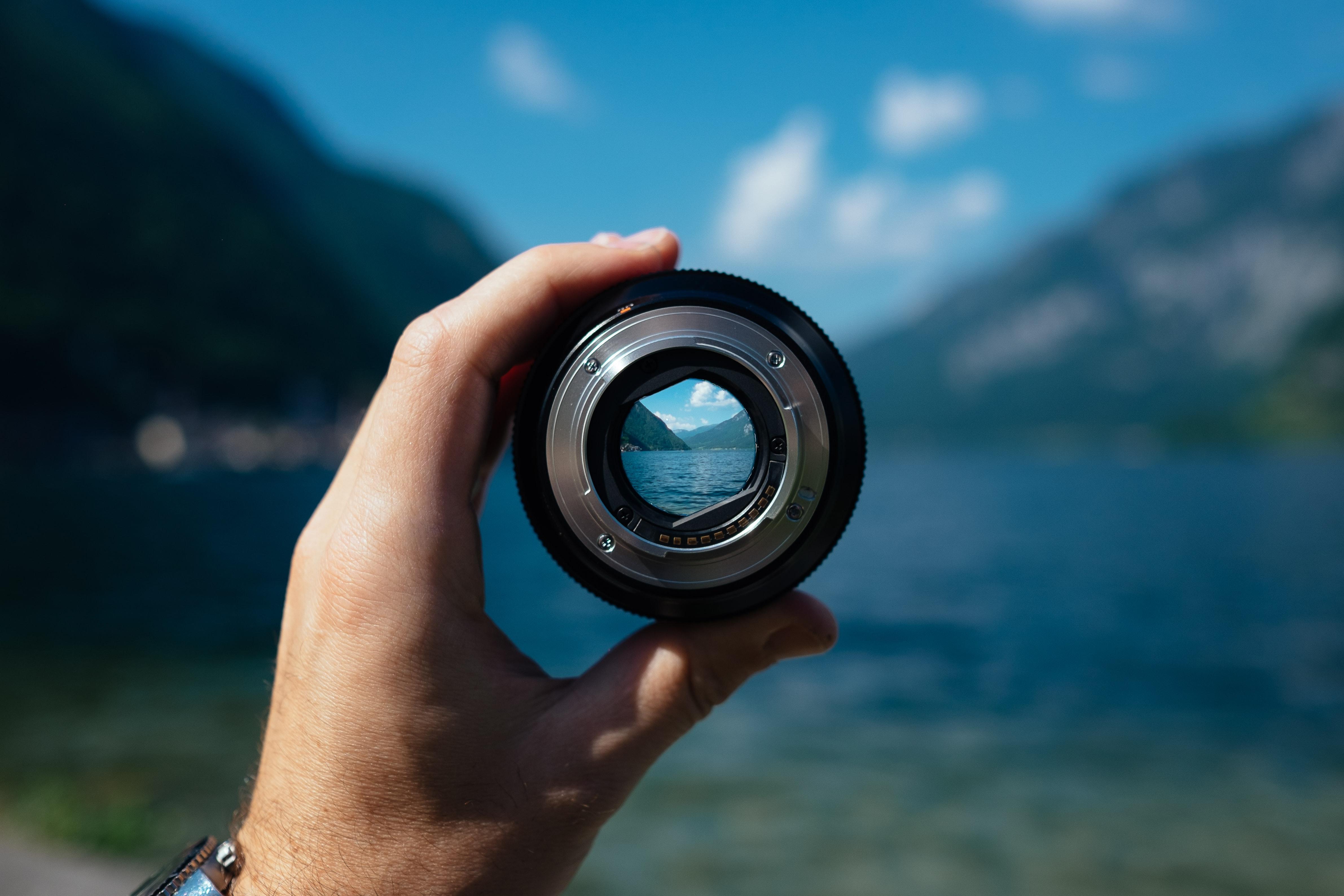Whether you want to make it as a professional photographer or simply take the best photos that you can as a hobbyist, you’ll need certain camera accessories and camera lenses to make it happen.
Of course, you can get started without over-investing, or worrying too much about camera equipment, but at some point, you will need to try and work with different camera accessories.
For instance, when it comes to camera lenses, starting off with a standard camera lens is perfect, especially while you are learning the photography basics. Once you have some confidence, it will be wise to try out a wide-angle lens, especially if you like landscape photography or a zoom lens for your portraits.
Why?
It’s interesting and a bit like life’s many perspectives. Lenses are what allow you to see the world in different ways.
You might have a brilliant idea for a photograph in which you shoot a stick insect strutting along a tree branch, however, if you don’t have the right camera lens, the image might not turn out as you expected.
Also, if you take the pic of the insect with a wide-angle lens, it will turn out differently from how it would look with a zoom lens. Camera accessories are just as important as factors like autofocus and white balance, for example.
It is therefore important to know, even as a beginner which camera lenses and other pieces of photography equipment are necessary to help you take great photos.
If you are wondering about which camera lens will suit your photography preference, keep reading as this guide is for you.

What Does a Camera Lens Do?
In a nutshell, the camera lens illuminates the focal point chosen by the photographer and sends a very specific amount of light (also chosen by the photographer) to the camera sensor.
Contrary to what most people think, in some ways, camera lenses are more important than camera bodies in determining a professional look and quality of an image.
So instead of spending all your time and budget on camera bodies, remember to also focus on what different camera lenses can achieve.
Of course, if you can splash out on a high-end camera, it will certainly go a long way to improving your photography overall, however opting to invest in an affordable camera and a number of lenses and other camera accessories, could offer you more value for money in the long run.
In fact, some photographers will even tell you that your camera is only as good as your lens. By thinking about your camera accessories in this way, the camera lens takes on a brand new level of importance.
So if your budget is limited and you are wondering how to invest in camera accessories, strategically investing in that zoom lens or wide-angle lens might make more sense than you initially thought.
But how do you know which lens is right for your photography needs?

The place to start is to consider a number of factors including the camera you are using to the types of photographs you plan to take. After that, once you know whether it’s a zoom lens or a wide-angle lens that you might need most, you can narrow it down by looking at details such as aperture and focal length.
Remember, it’s always advisable to have a standard camera lens too.
Type of Camera
Firstly, only DSLR and mirrorless cameras need lenses, which makes them more diverse and popular with professional and creative photographers. Fixed lens and compact cameras only use the lenses that came with them.
Once you have a camera that allows you to change lenses, you are free to experiment with many different types provided they are the same brand as your camera. For example, you can’t buy a Nikon camera and expect that a Canon lens will fit on it.
Types of Camera Lenses
This is where the camera lens discussion gets really interesting.
There are two main categories of camera lenses: prime and zoom.
- Prime - Prime lenses refer to lenses that have a fixed zoom or focal length. These are typical of compact cameras. They are quicker to use though if you want to quickly draw out your camera like a pistol in a western!
- Zoom - Zoom lenses will allow you to scroll various focal lengths to capture images that are either far, or near. A zoom lens provides the photographer with a great degree of flexibility even though they are usually heavier to handle.

Now that you know about these two main categories of camera lenses, let’s take a look at different types of prime and zoom lenses and their roles in various styles of photography.
Macro Lens
This specialist lens is used in macro photography to make really tiny subjects appear to be life-size. Macro lenses will allow you to focus on subjects that are 8-12 inches away from your camera sensor and have the ability to make a humble ladybird look like an intimidating creature.
If you are interested in close up photography like nature shots of flowers, bees and insects, then investing in a macro lens is highly recommended.
Wide Angle Lens
A wide-angle lens does the extreme opposite of a macro lens.
Instead of allowing you to get up close and personal with your subjects, this is a lens that opens up your view to vast, sweeping landscapes.
You may be interested in nature, but not in the details of the tiny creatures who inhabit it. Perhaps sweeping landscapes, where an entire scene is fully in focus is your passion. Or perhaps detailed street scenes that reveal environmental context are your passion, if so, a wide-angle would suit you.
Telephoto Lenses
The telephoto or zoom lens is excellent for capturing subjects who are situated far from your camera, like those animals on a safari for instance. While they offer exceptional magnification, the trade-off is that you will only have a narrow field of view.
Basic Lenses
A basic or standard lens is any lens with a focal length of about 35mm-85mm in focal length.
Standard lenses are adaptable to most situations. They have the ability to zoom in and out and are handy general lenses for every camera bag.
Other Lenses
There are also other commonly used lenses like fisheye and infrared lenses.
Infrared lenses allow you to take infrared images for an interesting effect, whereas fish eye lenses will allow you to shoot an exceptionally wide-angle.
The Camera Lens Buyer’s Guide

Hopefully, by now, you have a basic idea of the kind of camera lenses and camera accessories you need to begin your photography journey. Having said this, you also need to understand the nitty-gritty of what contributes to the quality of a lens, and there are two main factors.
These terms may, at first, seem foreign, but over time you will get to understand them in more depth. However, understanding a little about them initially can also help you make good decisions about the camera lens investments.
Focal Length
Focal length is arguably the most important factor when considering a lens. It refers to the angle of view, whether narrow or wide, that is achieved with the lens.
Focal length is measured in millimetres, so the larger the number, the narrower the angle is going to be. For instance, if you are shooting a portrait with a 70-200mm lens, 70mm will make the subject appear further away and provide some background or context, while 200mm could potentially ensure that your subject’s face fills the entire frame. Of course, this also depends on how far away you are standing.
In landscape photography, where you want a lot of the context or environmental detail, you will want a wider angle with a lower number, like 28mm or lower.
Aperture
Understanding aperture is arguably one of the most confusing parts of photography and indeed camera lenses.
When shopping for lenses, you will notice that each one has an ‘f’ followed by a number associated with it, which is also displayed on the lens. Known as the f-stop, this number will tell you about the aperture of a lens.
Imagine the aperture to be like a flower that either opens up wide, to allow in a lot of light, or closes to allow in less light. The higher the f-stop number (e.g. f.22) the less light is allowed into the camera, resulting in more of the image being in focus. This would suit a landscape image.
Alternatively, the lower the f-stop (e.g. f.2.8) the wider the aperture which will allow more light into the lens. This is also how blurry backgrounds (also called low depth of field) are achieved where not everything is in focus.
Understanding aperture is critical to becoming a good photographer especially because it is counterintuitive in that the lower number the wider the aperture and the higher number the smaller the aperture.
One of the best ways to find out about aperture, as well as the other factors that affect lighting, composition and much more, is to find a private photography tutor on Superprof to support you.
Summarise with AI:















